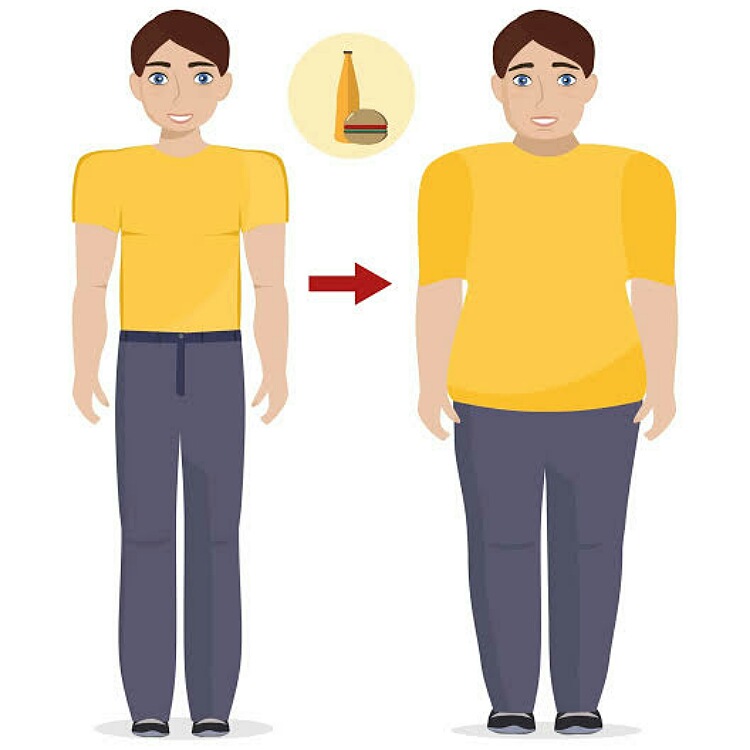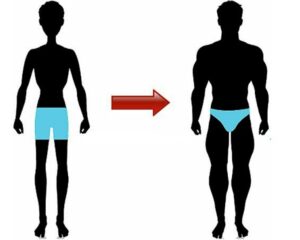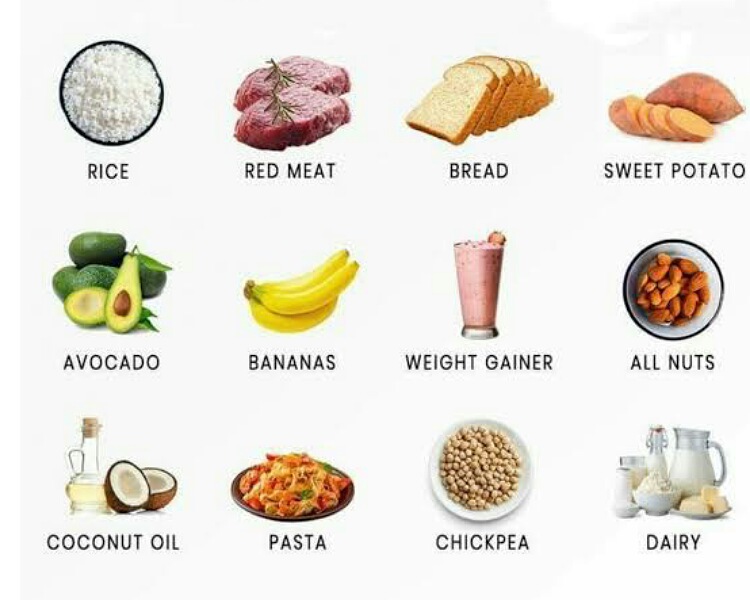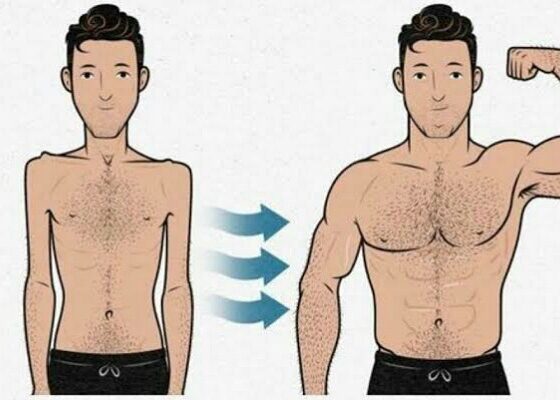Majority of the people in the world are looking for diets for weight loss. But there are a small minority who are desirous for weight gain. But they find it hard to find ways of doing so on the internet. There are no proper guidelines for it. And they end up eating unhealthily to put on some extra weight. But one can put on weight in a healthy way. Here are some tips on it.
Weight gain
Most people want to lose weight. But a small minority want in fact to add some muscles and fats to their body. They try to search for ways to have some weight gain.
These people may be in the phase of recovering from a prolonged illness. Or they may be suffering from eating disorder. This might also be the case during phases of life such as during puberty or pregnancy or when a person wants to become a professional athlete or wants to join the defence or security forces prior to recruitment.

There are no proper guidelines on how to approach this problem. Hence, these lean people do things in an haphazard and unhealthy way. This only adds to their woes and can land them in other health issues. But one can gain weight in a healthy way. Follow the tips below for it.
Energy intake vs expenditure
Whenever the energy intake exceeds the energy expenditure, weight gain occurs. Lauren Trocchio, sports dietitian says:
“Anyone may benefit from increasing lean muscle mass to help maintain their optimal resting metabolic rate.”
One can do this by increasing the intake of calories per day or decreasing on daily exercises and workouts or changing the workout routine from dynamic to static.
Quick fixes are not good for the body, warns dietitian Emily Braaten. She explains:
“Just like [healthy] weight loss, weight gain should be a slow and steady process,”

She adds:
“[Advice to] eat low-fat dairy, exercise regularly or drink more water can be detrimental when the goal is weight gain,”
6 strategies for healthy gain of weight
Here are six strategies to gain weight healthily.
Adequate carbs
Have carbs enough to give 50% of the daily calories. They provide energy. Sports dietitian Stephanie Mull opines:
“If adequate carbohydrate is being consumed, then the body will have reserves to fuel an active lifestyle.”
Complex carbs decrease cravings for sweets, provide more energy and improve sleep.
Add extra healthy fats
Compared to carbs and protein, fats are energy dense. They give 9 calories per gram consumed. Fats are essential for the body. Do not skimp on them. Instead have healthy fats. These are found in nuts, seeds, fatty fish etc. Avocado, olives, olive oil and canola oil are also in the healthy category. Avoid oils or fats high in saturated fats.
Full-fat milk and milk products
Stop purchasing low fat milk of skimmed milk. Instead buy full fat milks and milk products. Have cheese and cream.

Increase food toppings
Consider increasing taste of foods with toppings. Use nuts, granola, dry cereal or fruits cut pieces as toppings on oatmeal, smoothies, pizzas, etc. Go for creamy sauces, dips and dressings.
Opt for nutrients dense and energy dense foods
These include dried fruits nuts, seeds, vegetables roasted in oil, etc. These are calories dense and also packed with nutrients.
Volume and frequency of feeds
One should eat more quantity of foods. The serving size should be more. Also go for frequent foods. This will ensure that you take in more calories throughout the day. Eat before you feel hungry.
Also, read Winter weight gain is natural, says Sydney dietitian
Therefore, have three or four major meals in a day with one or two snacks in-between. Have foods before and after a workout. One can have a small snack at night before retiring to bed. Conserve your energy.
Weigh yourself once a week. One cannot expect more than 1 or 2 pounds weight gain per week. Be realistic.
